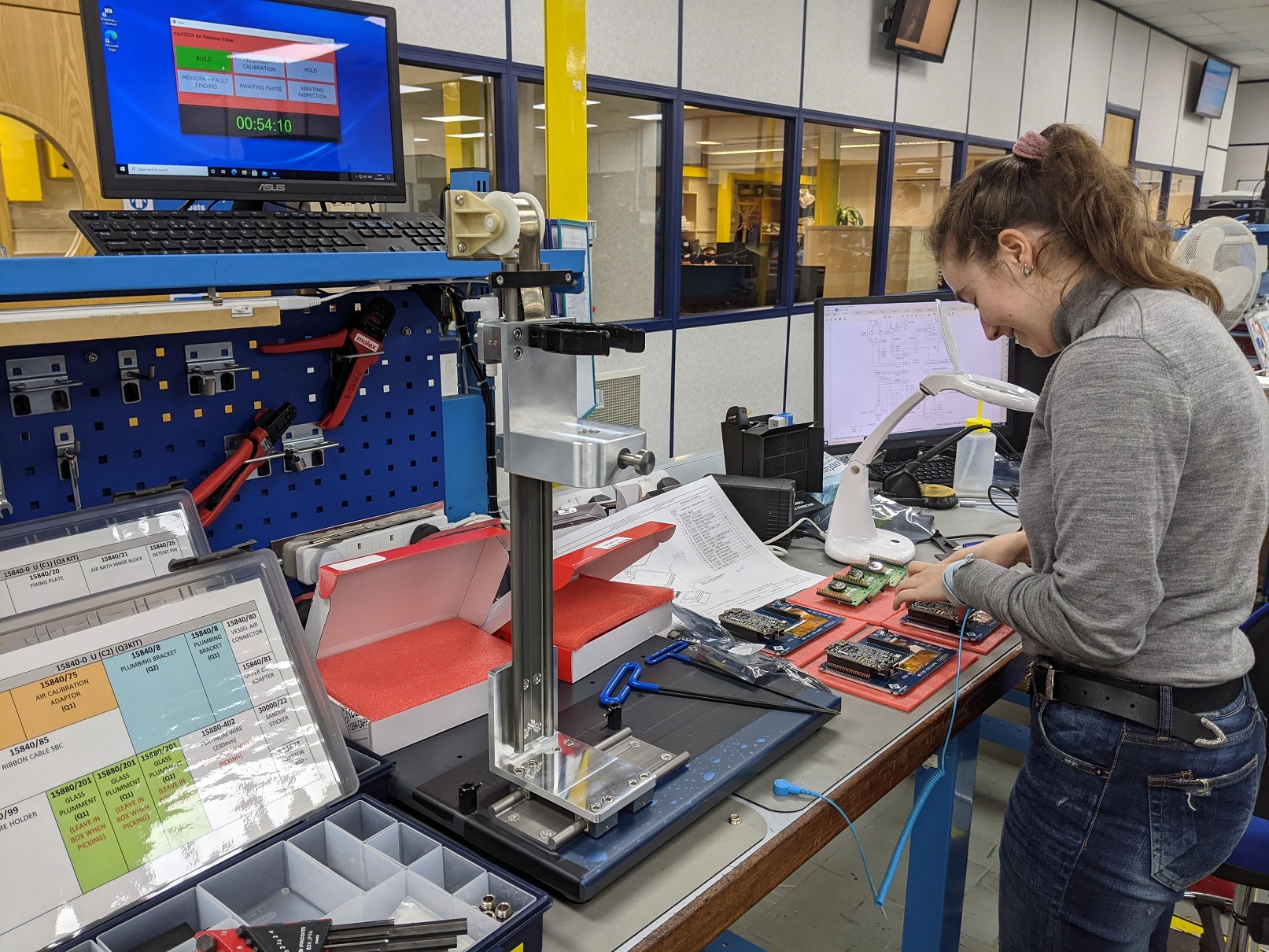
Hello again! Many of you have probably either been through this or are just about to start, or even are already in the middle of it. Searching for a placement (and later, a graduate job/scheme) can have a serious impact on your mental health. It can be very stressful (especially when you’re new to it), irritating, discouraging, and depressing. However, no matter how many rejections and anxiety you receive, you will be able to pull through it.
Dealing with multiple rejections
My application process for Stanhope-Seta started after I received multiple rejections from large and small companies, including BAE Systems, Siemens, Airbus, Pfizer, GE, Martin Baker, Cadent, Frewer and many more. So, by the time I applied to Seta, I was close to giving up on my search. However, I received an invitation for an interview a few weeks later!
It takes great determination and perseverance to not give up or get bogged down by the rejections.
How to develop the transferable skills companies are looking for
In order to appeal to companies and their hiring managers, it’s a good idea to get involved with societies and show that you are developing the soft and transferrable skills needed to be successful in a specific role.
Taking part in talks, volunteering, nominating yourself as a committee member or course representative and even working as a student ambassador are all things that anyone can do to enhance their CVs and prove that despite being a university student, you are still participating in extracurricular activities and hence are developing the skills companies look for.
Take some time to practise online tests
In my eyes, I thought I was doing well when I was invited to complete assessments as part of the application process for internships and placements. However, I always got rejected before the assessment centre offer. I had a few interviews, mostly over the phone, but the aptitude, numerical and behavioural tests are the ones that seemed to catch me out and cause me to get rejected.
My advice for this would be to look online for practice tests and take those. There are some good ones here that are free for Surrey students. Trust me when I say, it will help you so much if you go through a few to get a feel of them and enhance your confidence.
Finding roles that interest you
What I found particularly difficult, however, is finding a role that interested me. As an aerospace engineer, I was looking forward to being involved with aerospace, aviation or space engineering, however I was unable to find a role that I wanted. I even considered going for a project management role in an engineering company because I felt like I’d never find a role suitable for me.
Why I think my interview was successful
My interview at Stanhope-Seta was in person, at the factory itself. I was interviewed by two employees who asked me about my skills with CAD and particularly a software called SOLIDWORKS. I brought some examples of my work, particularly the drawings I made for the first year CAD project.
They seemed particularly impressed with that, as I took the initiative to bring in a piece of my work. I would recommend anyone who is attending an in-person interview to do so as well. Also be prepared for any question they ask, you could practise with a friend or family member before your interview or have a mock interview with Employability and Careers.
Applying for placements requires willpower and determination
Finally, I would like to mention again that looking for a placement or graduate scheme is hard work and will require a lot of willpower and determination. Despite that, I’m sure anyone looking for placements or graduate jobs will find their dream jobs.
Make the most of time while on placement
I am attaining vital skills including vital engineering modelling, organisational, problem-solving, innovative and critical thinking. Due to this, I feel like I am developing myself as a person, along with enhancing my CV for the future.
For those who are on placement right now, I would invite you to consider that now is the time to get involved with volunteering, societies and other extracurricular activities as you have a lot of free time outside of work hours, it will only help your CV and personal development further! Stay safe out there, everyone!
Read my last blog about starting my placement here.
